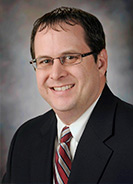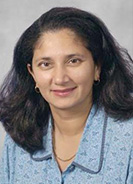Keep your child healthier and happier after cancer treatment with support from University Health in San Antonio. Our survivorship program helps your family manage long-term health risks and side effects of treatment. Doctors, nurse coordinators and other specialists provide the personalized care your loved one needs.
Specialized Childhood Cancer Survivor Care
Look forward to attentive, lifelong follow-up support. We follow national recommendations for screenings and other services for your child’s type of cancer.
Your family benefits from:
- Care coordination with specialists
- Monitoring for long-term and late effects of cancer
- Lab and imaging tests that check for signs of cancer recurrence
- Genetic counseling to identify your family’s inherited cancer risk
- Support groups with other kids and families who have gone through cancer
- Transition services for patients ready to move up to adult aftercare
- Wellness programs for a healthy lifestyle
- Referrals to counseling and local resources
Ask your nurse coordinator about the unique opportunities available through our survivorship program, including jobs and scholarships for cancer survivors.
Managing Late Effects of Cancer
If your child has side effects from cancer therapy later in life, we can help. Late effects of cancer happen months or years after treatment. They may affect:
- Growth, development and hormones
- Emotions and mood
- Social and psychological adjustment
- Learning and memory
- Oral health
- Organ function
- Risk of another cancer



